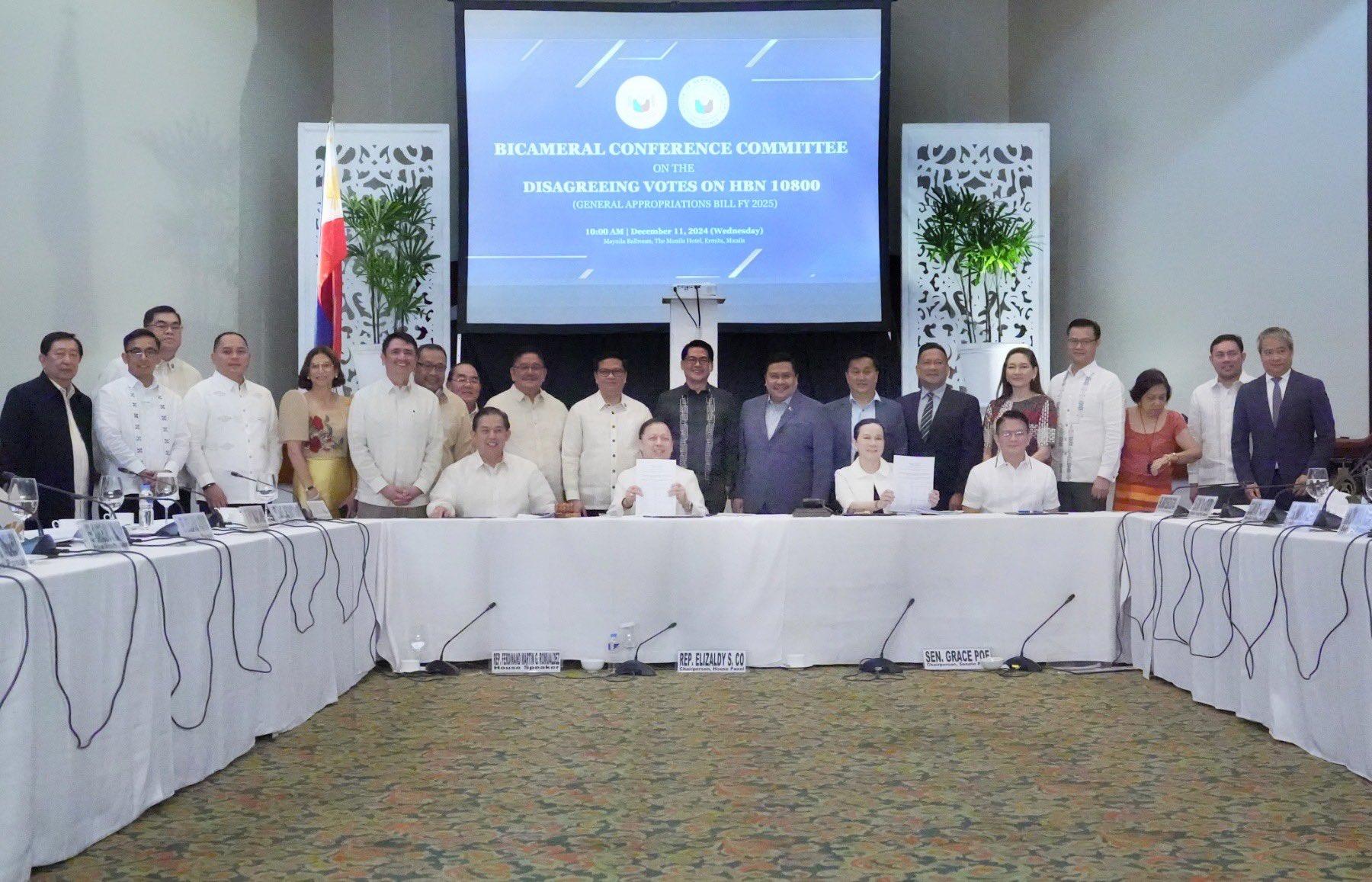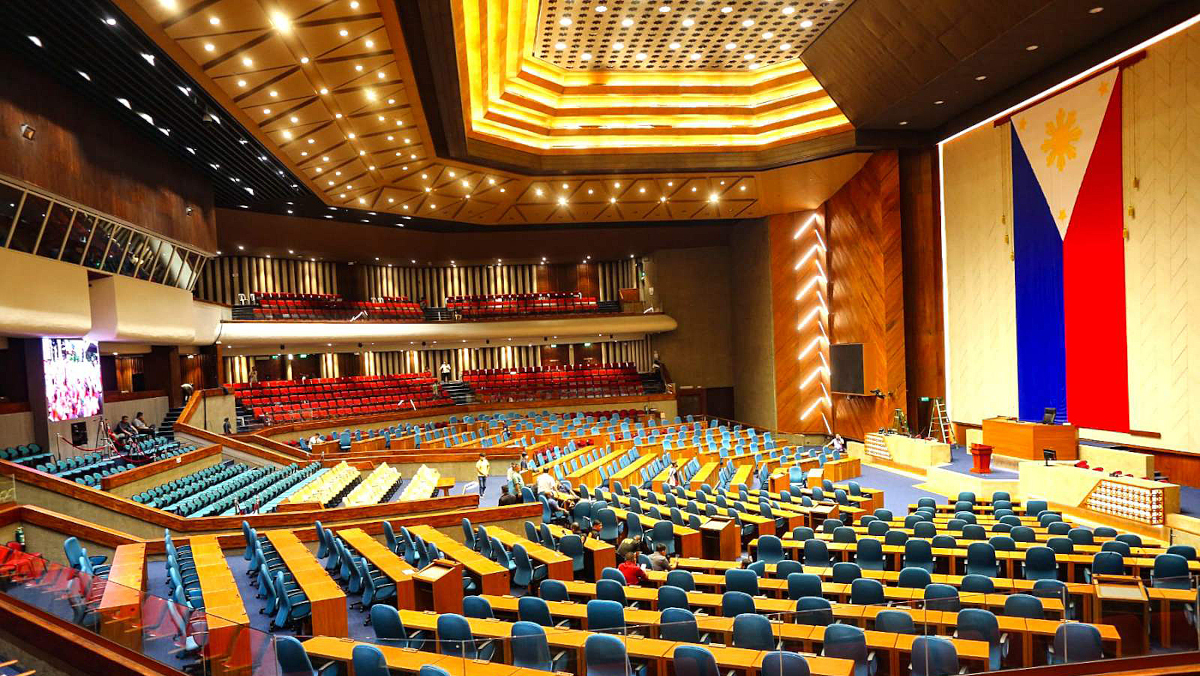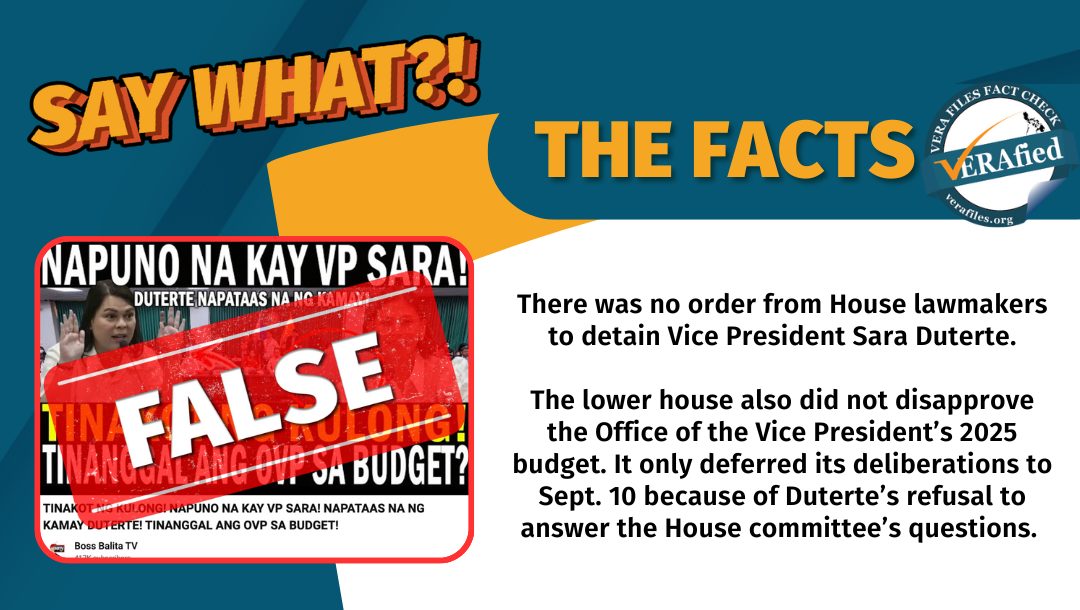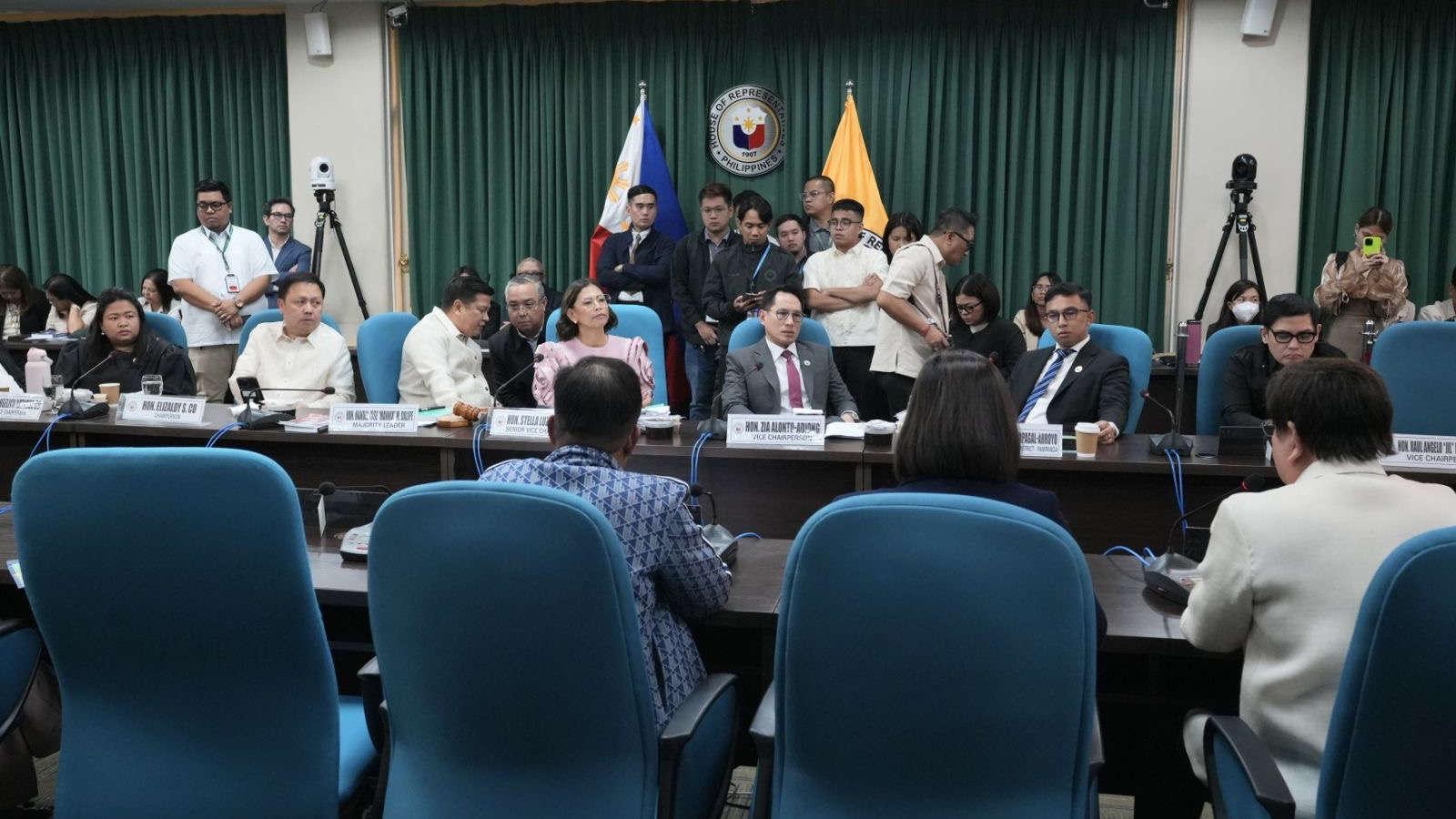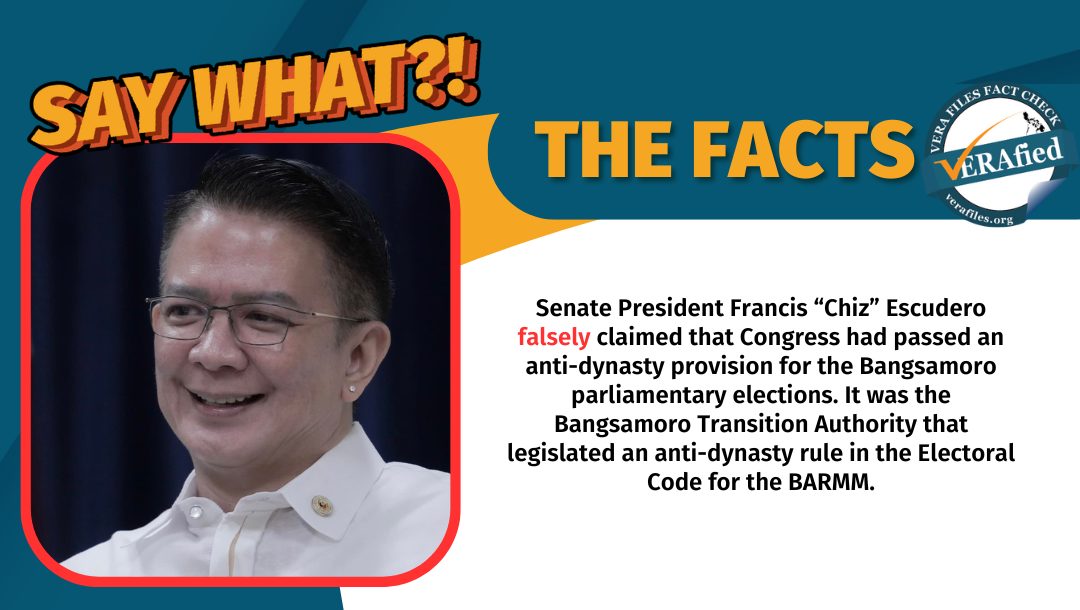Legislators get their creative juices flowing best when engaged in carving up the annual budget of the national government. Unfortunately, the result of their creativity doesn’t always redound to the benefit of the vast majority of the people.
In the Congress-ratified 2025 budget of P6.35 trillion, which President Ferdinand Marcos Jr. will sign into law before Christmas, the big gainers are offices that lawmakers could dip their hands into for their preferred projects and activities. On the other hand, among the big losers are agencies directly involved in the delivery of basic services such as education and health.
We haven’t seen the full bicameral conference committee (bicam) report ratified by the Senate and the House of Representatives last Wednesday, but based on speeches and news reports, the pluses in some agencies and minuses in the others do not jibe with the president’s statement in his state of the nation address last July “to ensure that every centavo allocated will be judiciously spent for our urgent priorities and socially impactful programs.”
The reallocation of the 2025 outlay shows Congress’ assertion of its power to control government spending and give the president a substantial share of it.
The bicam inserted a P5.4 billion increase in the P10.51-billion budget request of the Office of the President. The additional amount, which was not taken up in the Senate and House deliberations, would supposedly be for the preparations for the country’s hosting of the ASEAN summit in 2026.
The Office of the Vice President’s P2.03 billion request has been pruned to P733 million following Vice President Sara Duterte’s refusal to answer questions on her spending of P612.5 million confidential funds for the OVP and the Department of Education (DepEd) in 2022 and 2023.
The biggest gainer in next year’s budget program is the Department of Public Works and Highways (DPWH), whose P825 billion allocation was raised by P289 billion, giving it a total of P1.14 trillion to spend in 2025. Reports said most of the additional funding would go to flood control. This is despite lingering questions on how the agency used its P244-billion flood control budget for 2024 in view of the damage to several bridges and roads during recent calamities. Many of the infrastructures that collapsed were of substandard quality.
Over the years, the DPWH has been one of the agencies perceived to be among the most corrupt. Through the DPWH budget, lawmakers can secure funding for projects, which, in turn, could fatten their pockets from commissions or kickbacks from contractors. Some lawmakers have relatives and friends who manage to corner contracts from the government.
The calamity fund was reduced by P500 million despite the increasing intensity of natural calamities.
The biggest loser is the education sector. Education Secretary Sonny Angara has openly expressed dismay over the P12 billion cut in the DepEd’s P748.65 billion proposed budget. P10 billion of the slashed amount was from the agency’s computerization program, which was meant to provide public schools with gadgets, equipment, software and training for teachers and students.
This could have been a backlash from the DepEd’s failure to spend P14.50 billion allocations in 2022 intended for computerization, acquisition of equipment, basic education facilities, and hiring of teachers and non-teaching personnel.
Angara’s leadership now suffers from the shortcomings of his predecessor, Vice President Sara Duterte, who is facing impeachment over, among others, questionable spending of confidential funds.
Angara, a former senator, lamented that the bicam’s decision to reduce the education sector’s budget “reverses the trend in recent years [when] Congress adds even more to the education budget.”
The Commission on Higher Education’s P33.3 billion allocation was also cut by P3.4 billion, while the P122.2 billion allocation for state universities and colleges (SUCs) is P5.8 billion lower than this year’s P128 billion. Among the SUCs, the University of the Philippines got a big chunk of P22.7 billion, which is P2 billion less than the P24.8 billion outlay for this year.
The lawmakers have yet to explain why giving the DPWH more budget than the DepEd is not a violation of Section 5, Article XIV of the Constitution, which says, “The State shall assign highest budgetary priority to education.”
The Department of Science and Technology’s P49 billion budget request was reduced by a whopping P20 billion, while the P74 billion request for the Philippine Health Insurance Corp. (PhilHealth) was deleted, supposedly because it has a P600 billion reserve fund that it could use.
While funding for basic services such as education and health were severely chopped off, lawmakers have P26 billion (P5 billion for senators, P21 billion for congressmen) to distribute to their chosen beneficiaries under the Ayuda sa Kapos ang Kita Program (AKAP), an initiative of House Speaker Martin Romualdez, who is reportedly aspiring to run for president in 2028.
Although the AKAP allocation was reduced to P26 billion from the current year’s P39 billion, it remains a substantial amount at the discretion of lawmakers instead of the Department of Social Welfare and Development.
The lawmakers also raised the soldiers’ daily subsistence allowance from P150 to P350, translating to P10,500 a month.
The bicam’s juggling of the funds from the agencies directly dispensing basic services to the lumpsum programs more beneficial to the lawmakers shows an increasing influence of patronage politics in the budgeting system.
The annual budget program, which is the single most important piece of legislation Congress scrutinizes and approves every year, has become a tool in aid of reelection, cunningly touted as pro-poor.
The views in this column are those of the author and do not necessarily reflect the views of VERA Files.
This column also appeared in The Manila Times.
